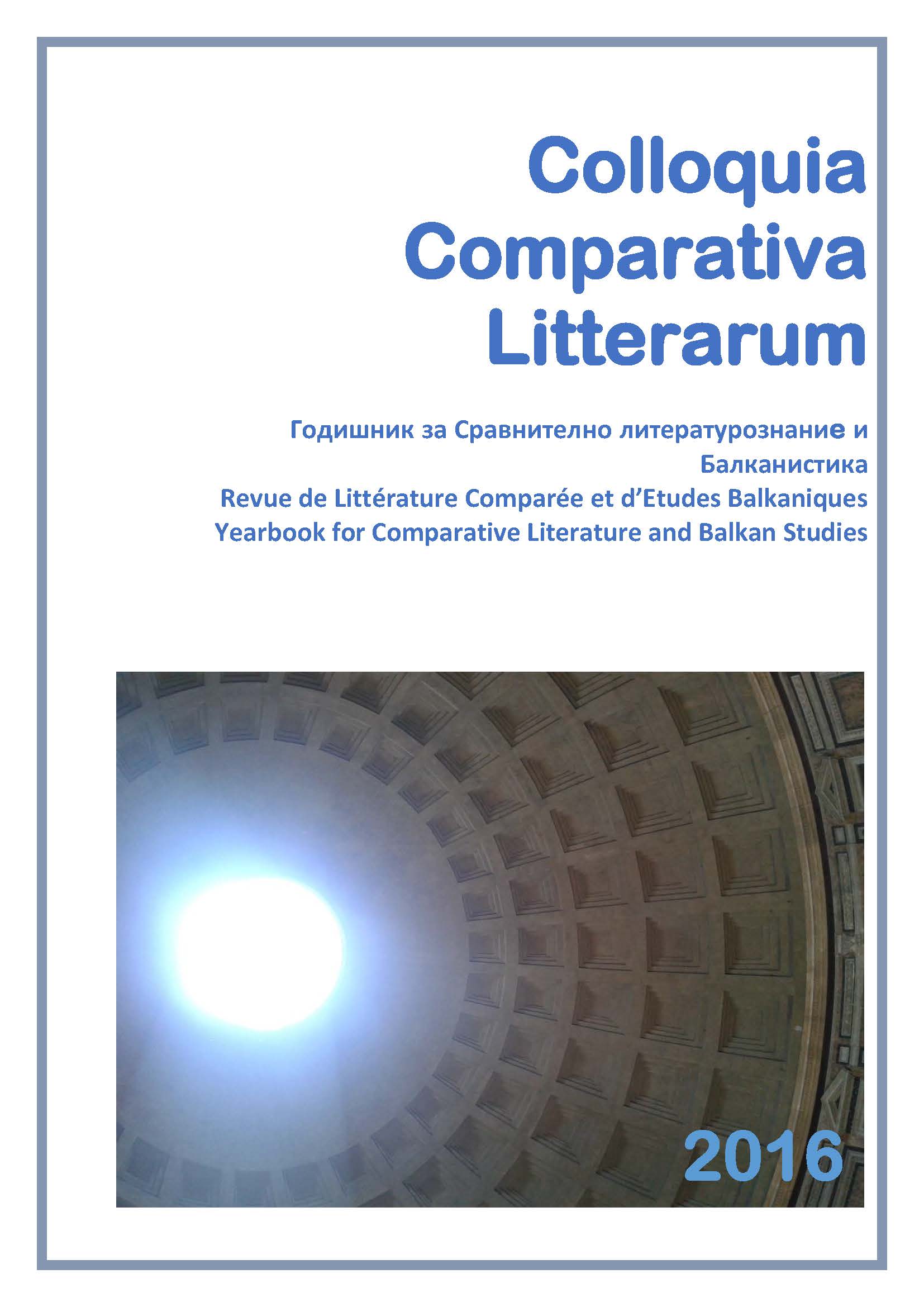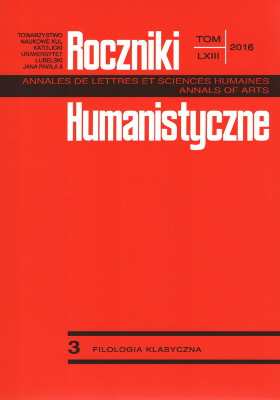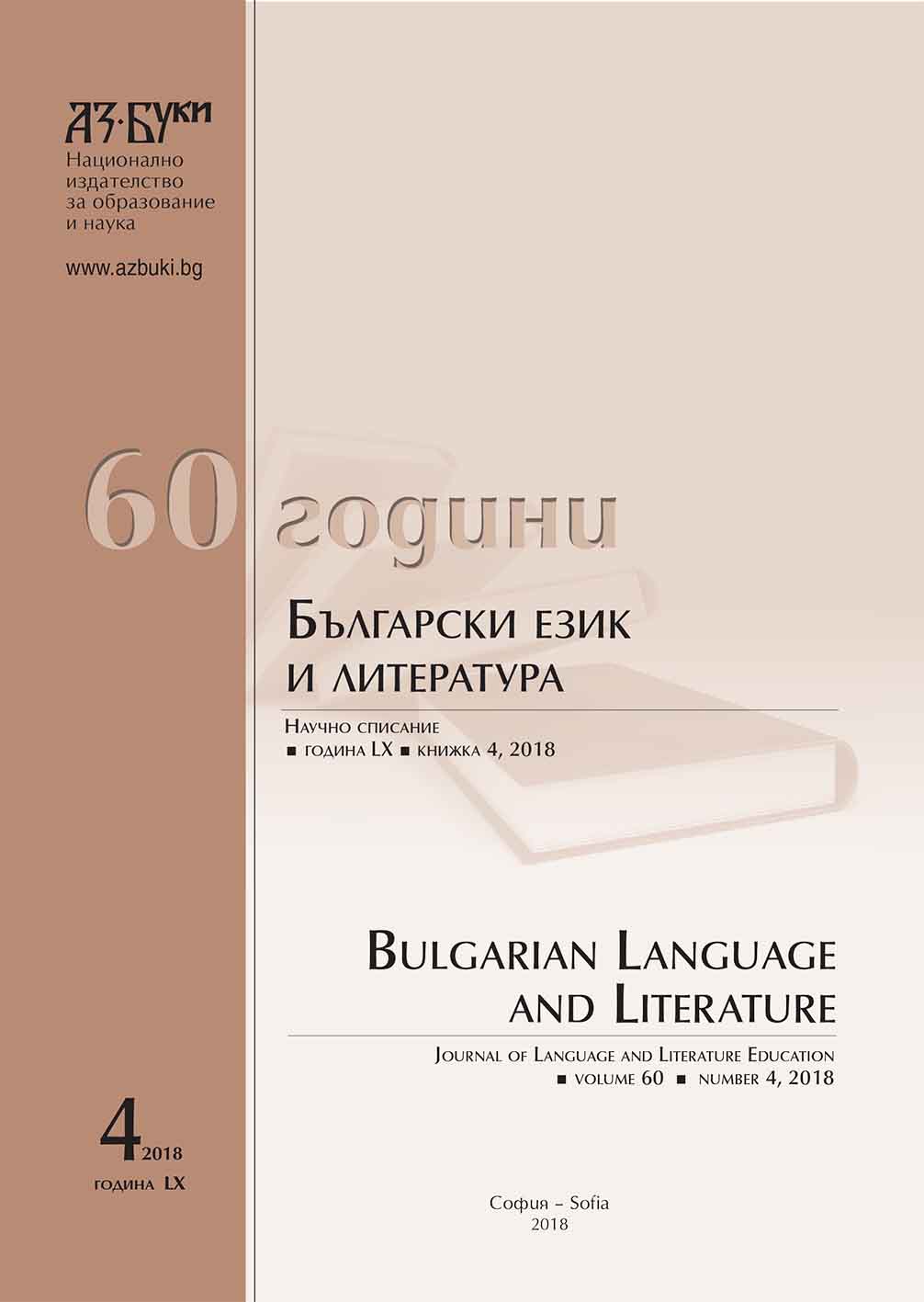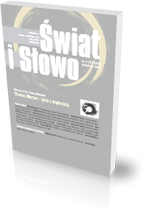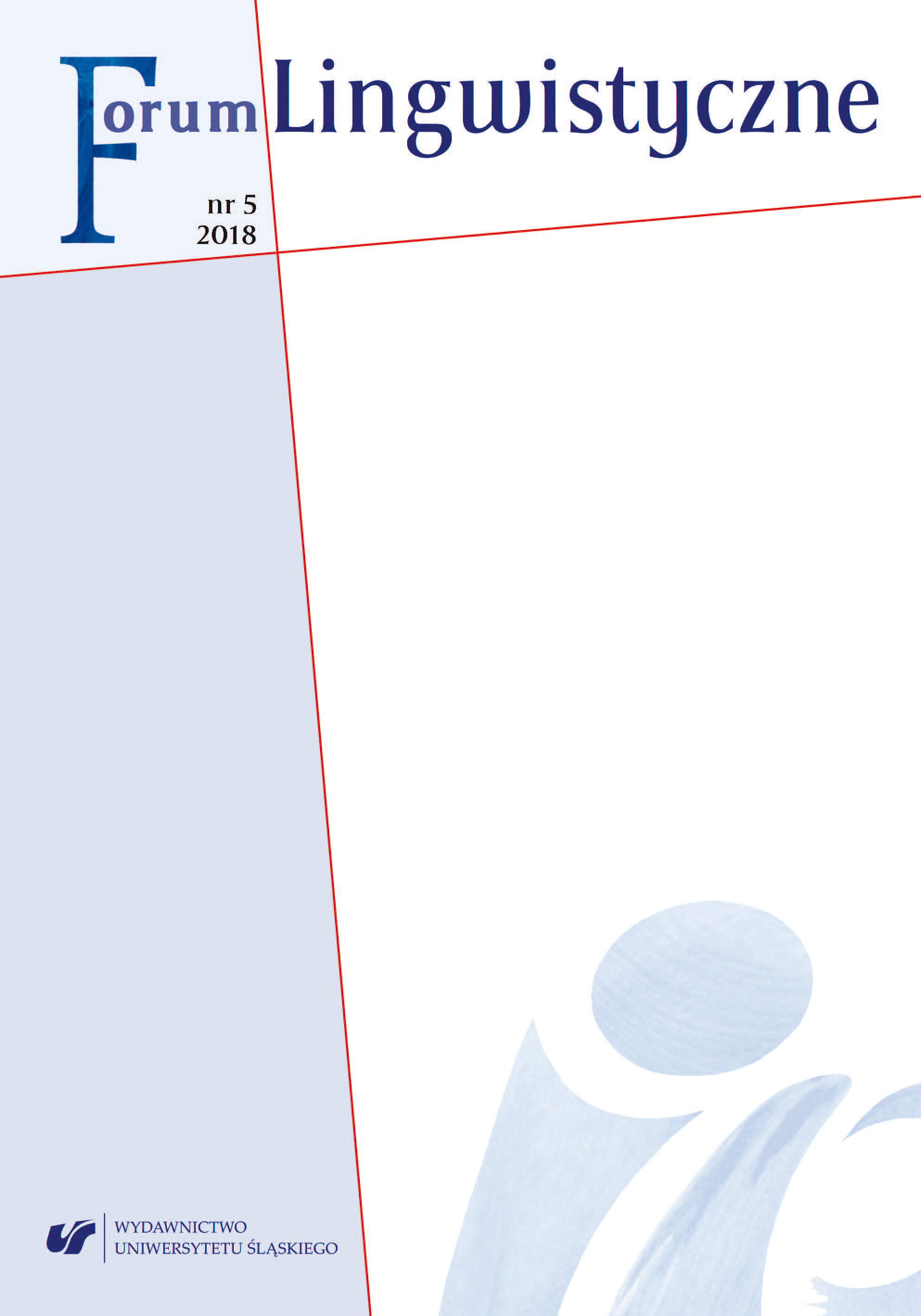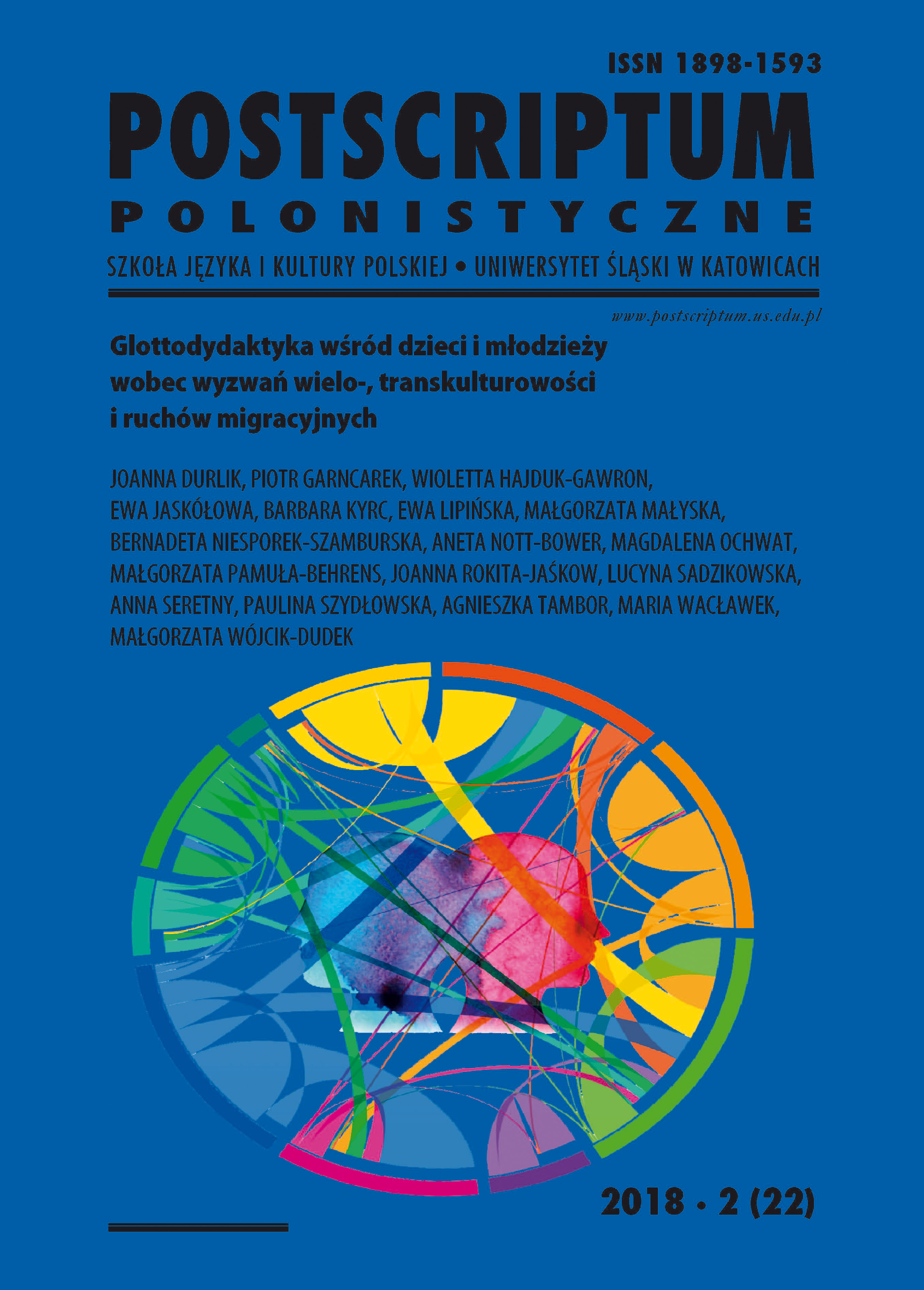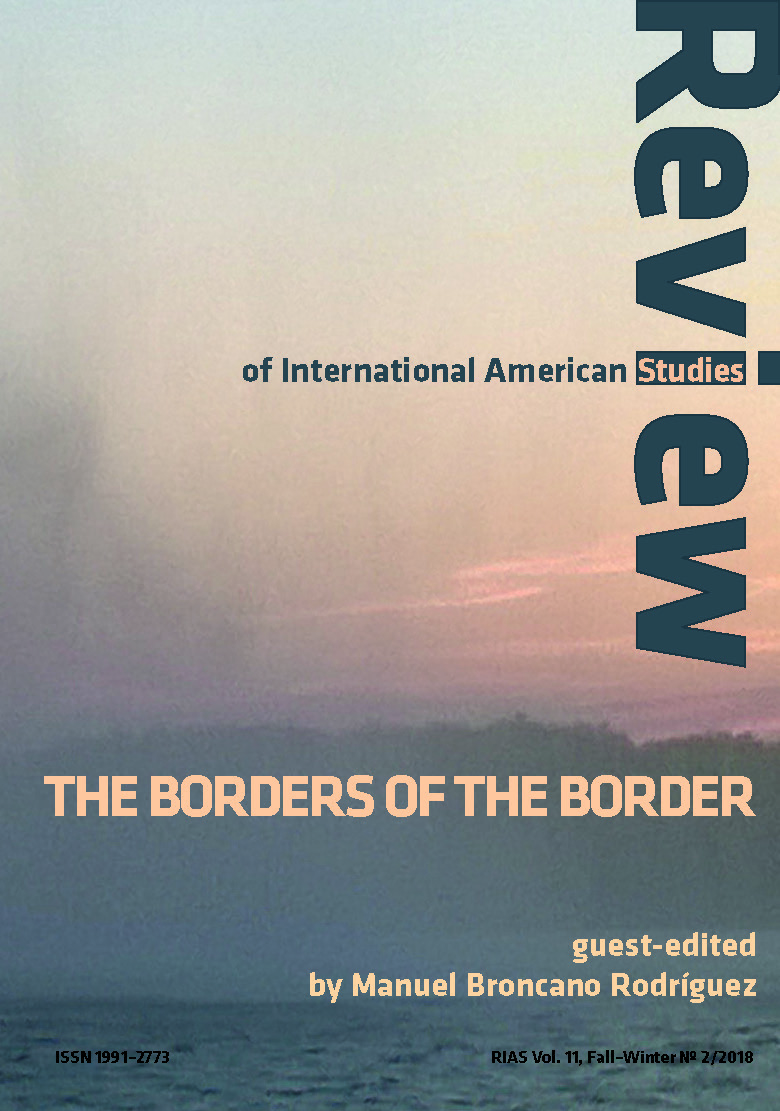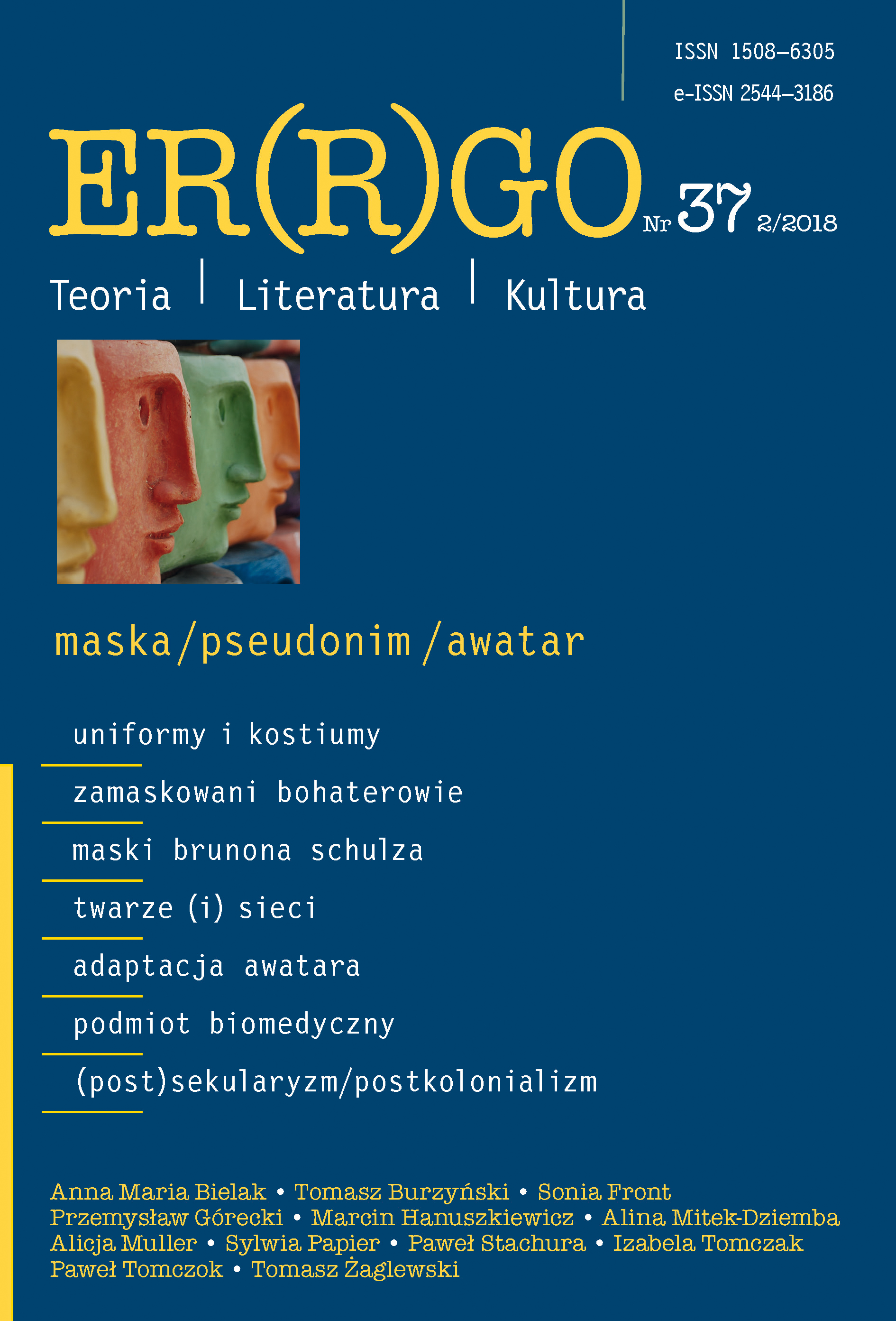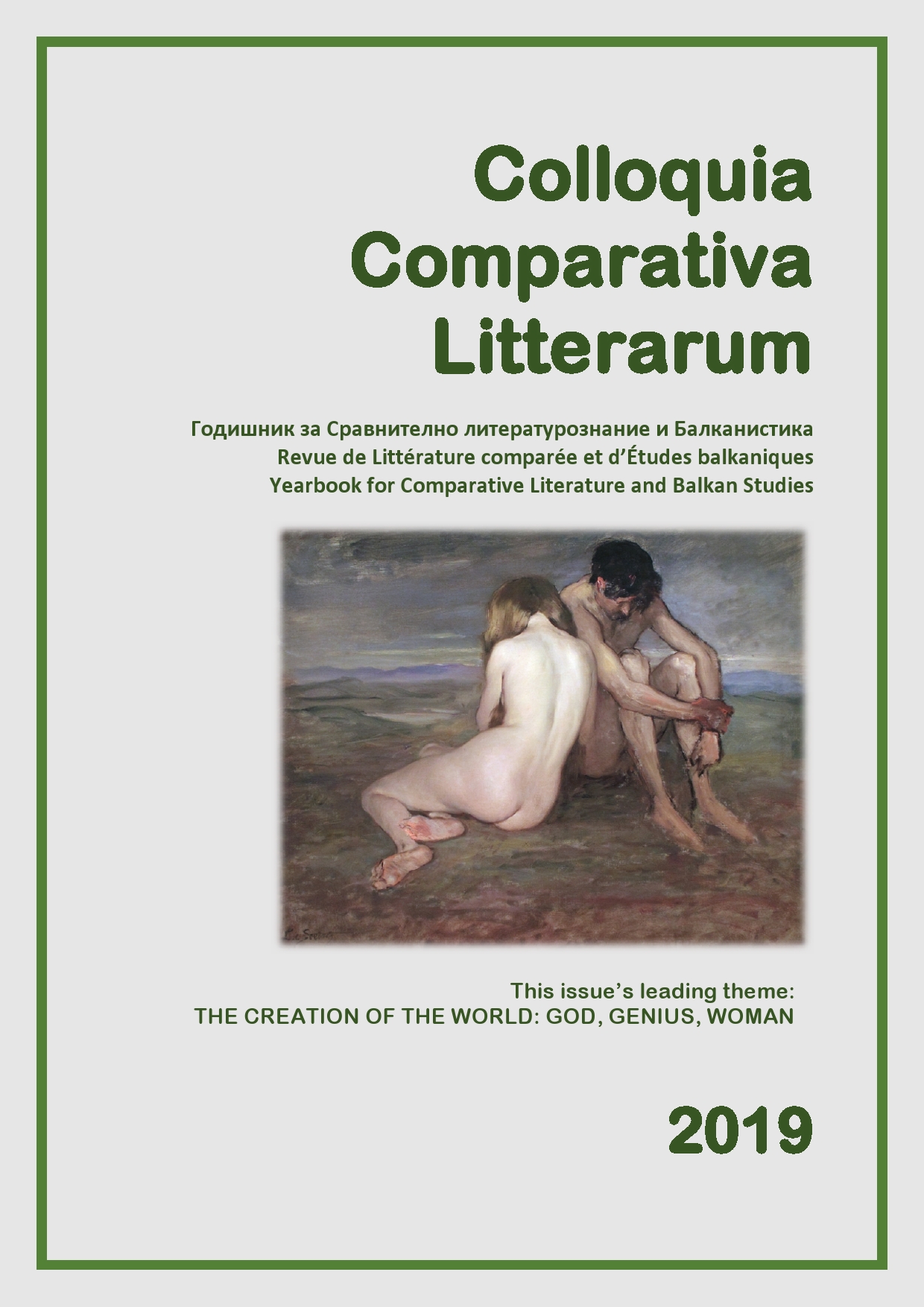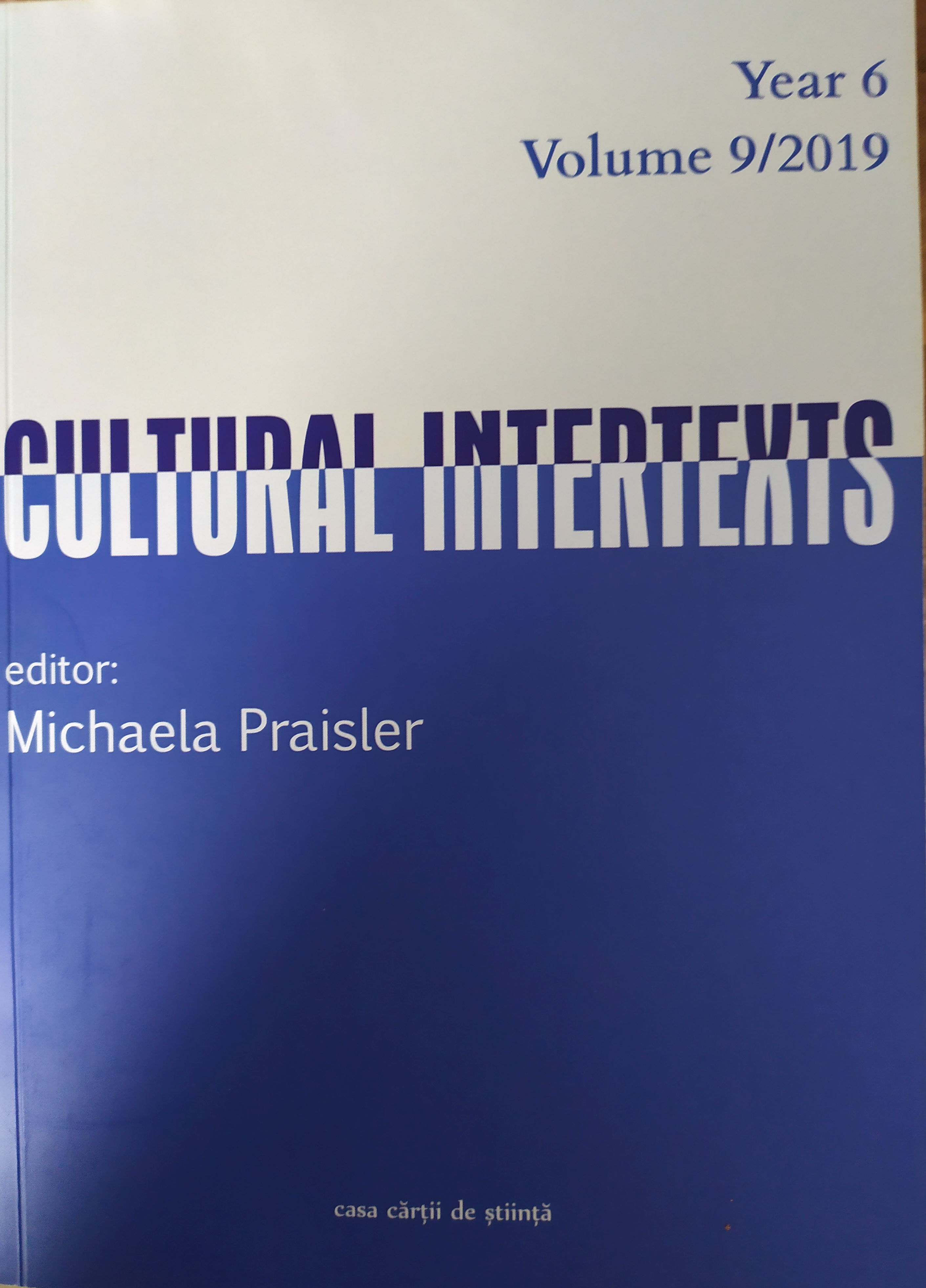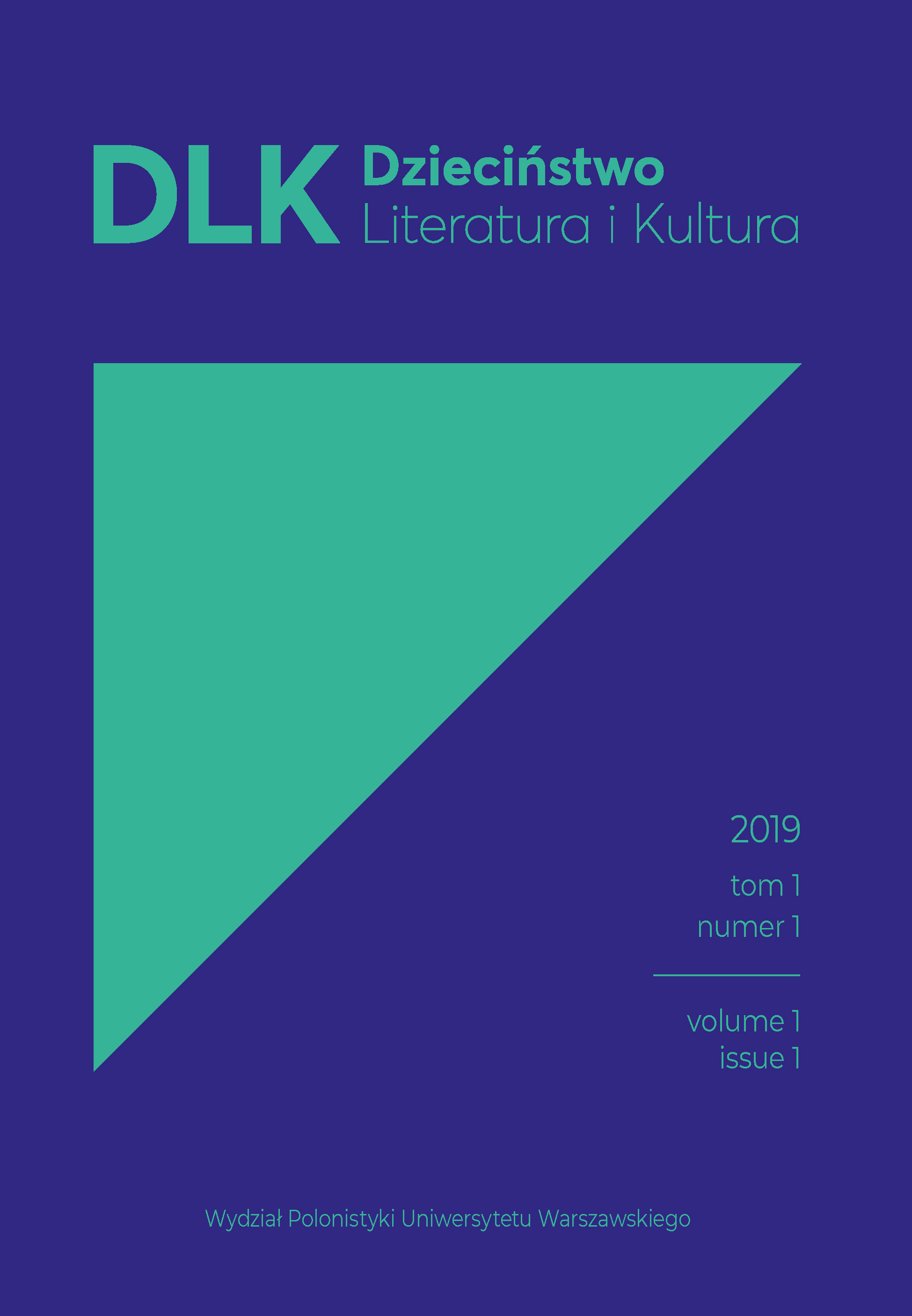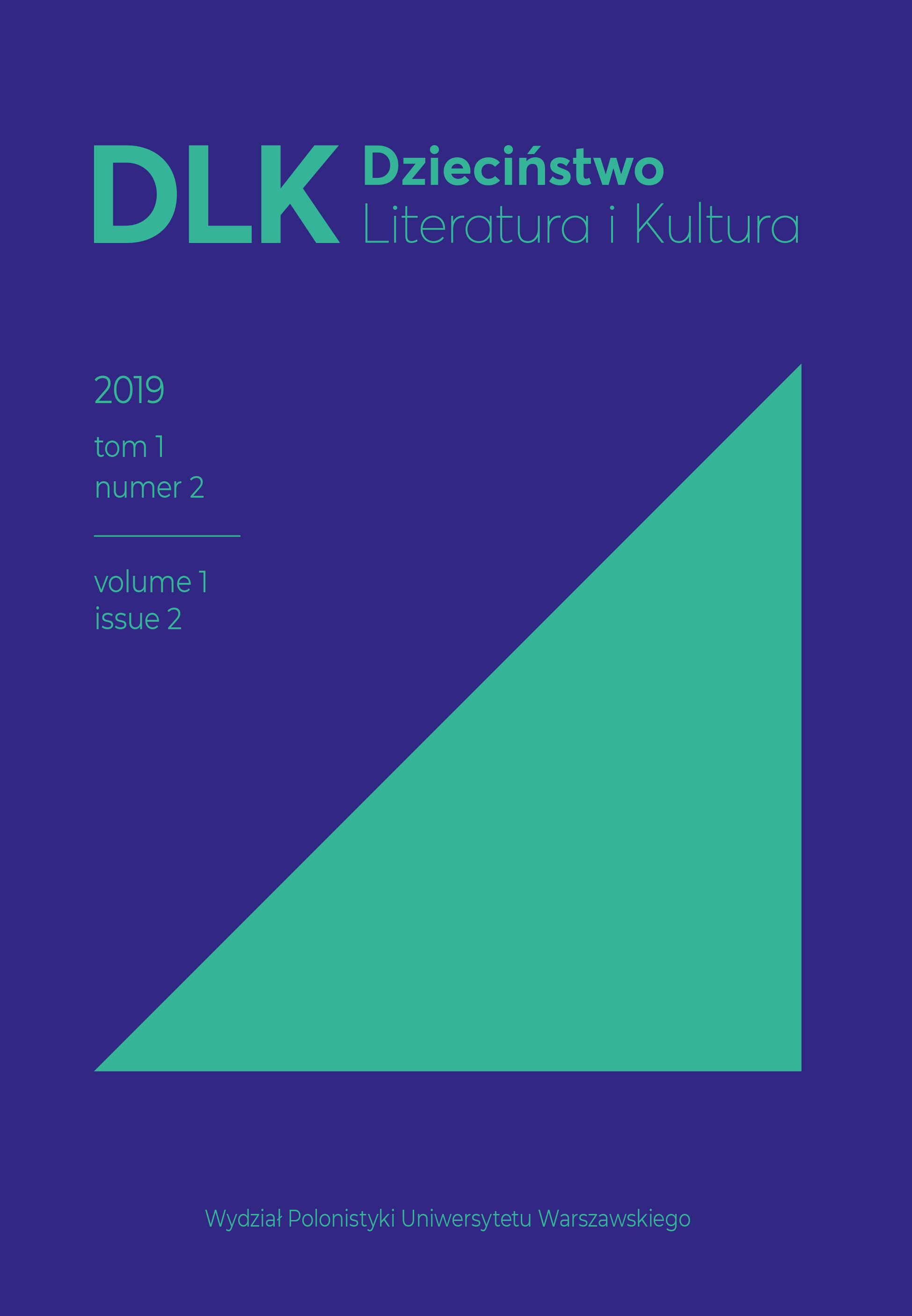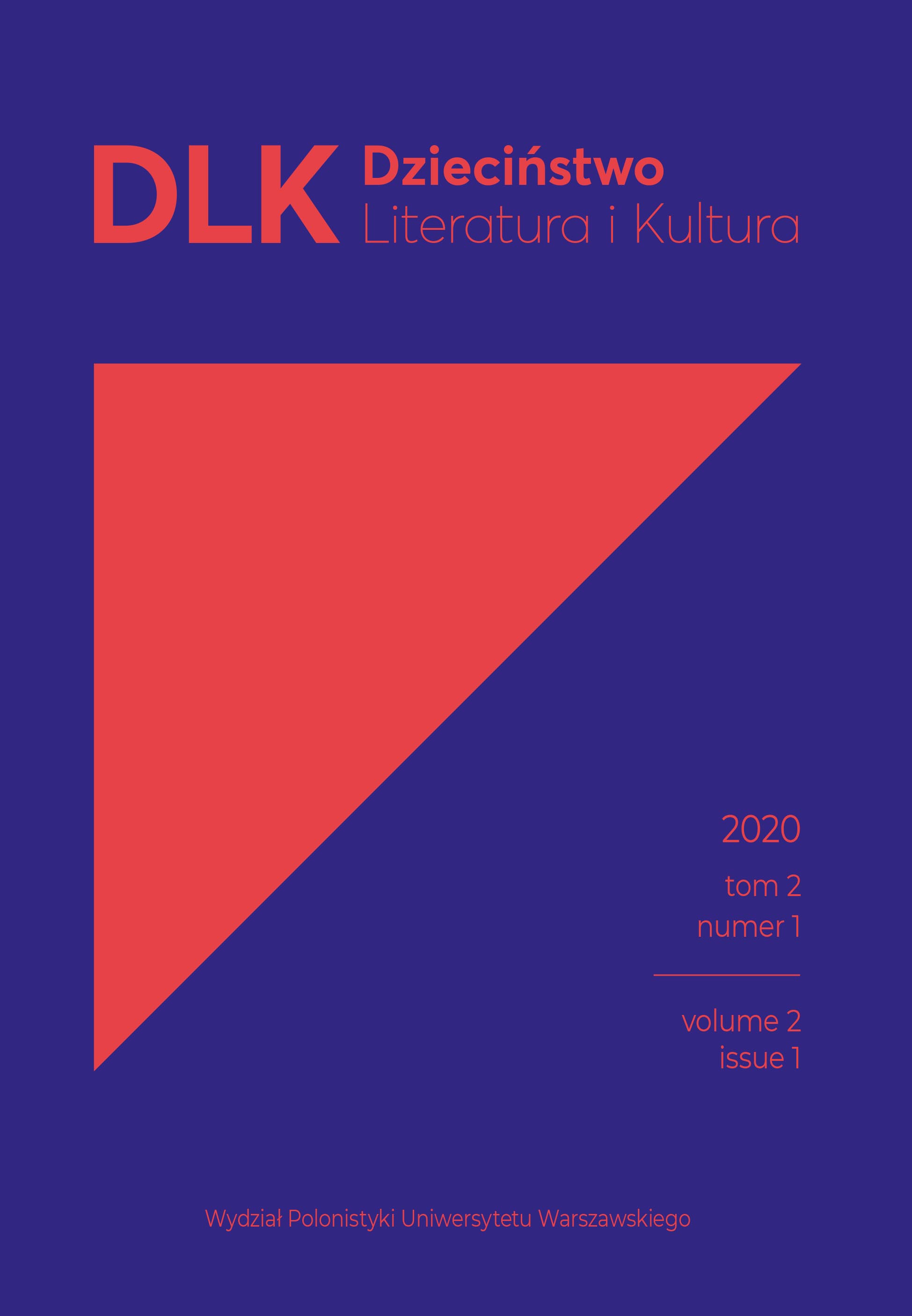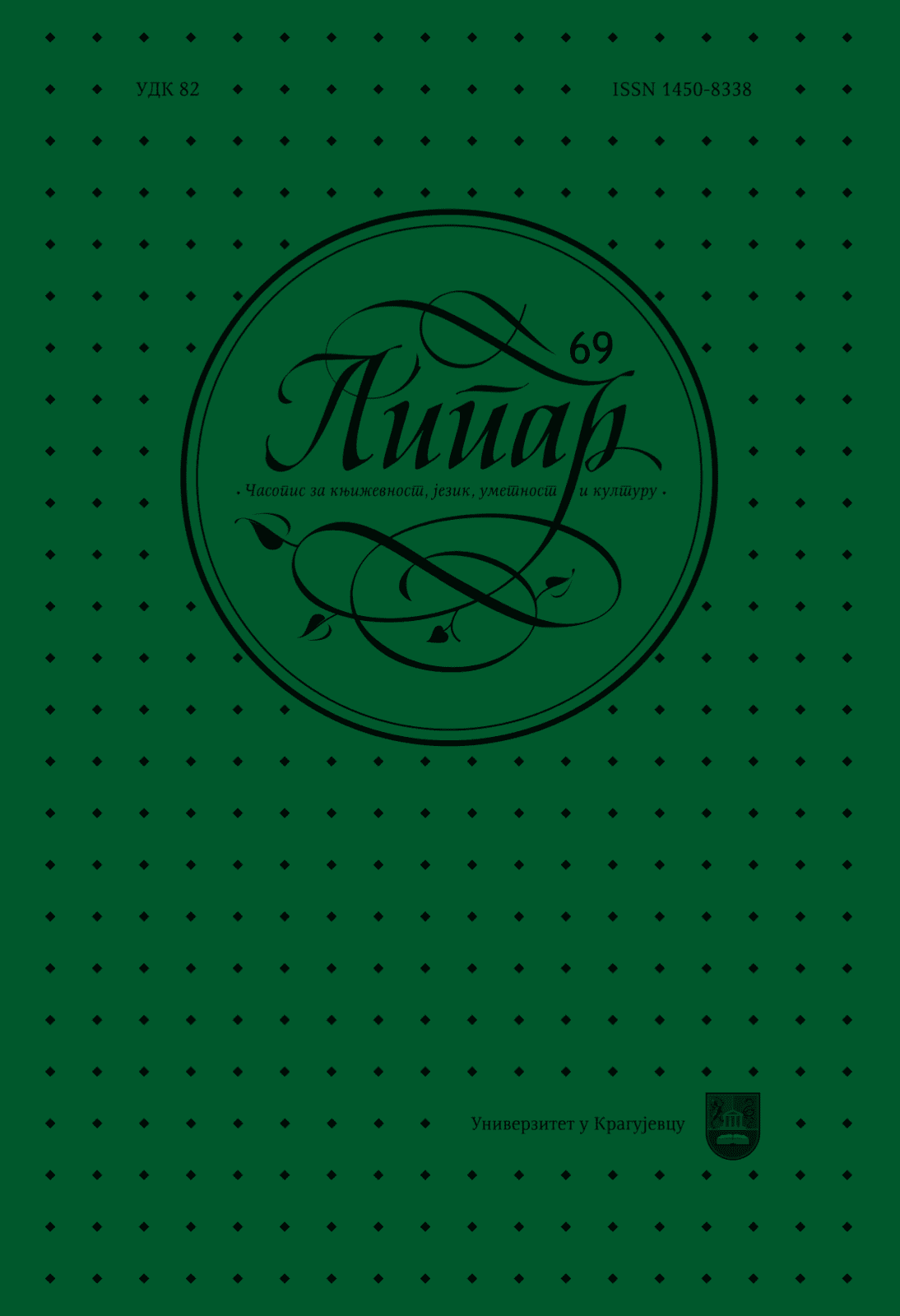Author(s): Manuel Broncano Rodríguez / Language(s): English
Issue: 2/2018
Laredo is located in the vicinity of the Rio Grande/Bravo, in many senses the epitome of the border, of the frontier, of the “limen” in its etymological sense of “threshold,” “doorway,” or “limit.” The general theme of our reunion was “Marginalia: The Borders of the Border,” and the contributions the IASA members made addressed this theme from multiple perspectives, thus leading to most enriching discussions about one of the most written about topics in the scholarship of the last few decades. Such a topic has rekindled new interest, especially in the light of the recent political transformations in many regions of the globe, which are leading to revived feelings of essentialist nationalism and its atavistic fears of the other, call it the immigrant, the dissenter or, if you want, the barbarian. It is happening in Turkey, it is happening in Poland, it is happening in Britain, it is happening in the US. In this context, borders and walls, both physical and ideological, are being erected once again. Marginalia, in turn, is a Latin term that in its origins referred to the inscriptions that monks and other amanuensis made on the empty space surrounding the body of text inscribed on a parchment. Romance languages are largely the product of marginal inscriptions on Latin manuscripts. Thus, the first manifestations of the Spanish language are found in the glosses that monks scribbled on the margins of those manuscripts to clarify and comment on words whose meaning was already obscure for the medieval reader, and those annotations were made in the new romance language, which was nothing but macaronic Latin. By extension, marginalia refers to those writings that do not belong in the canonical body of works of a culture or civilization, and is close in meaning to apocryphal. Furthermore, it can be understood as referring to the interstices that exist between two or more cultures, nations, or religions. In our usage of the term, marginalia refers to those areas of the world that are populated by displaced or uprooted individuals, limbic spaces in which mere survival may become an illegal activity. The present address seeks to explicate the essence of the basic concepts underlying—and driving—the theme of the Congress.
More...
